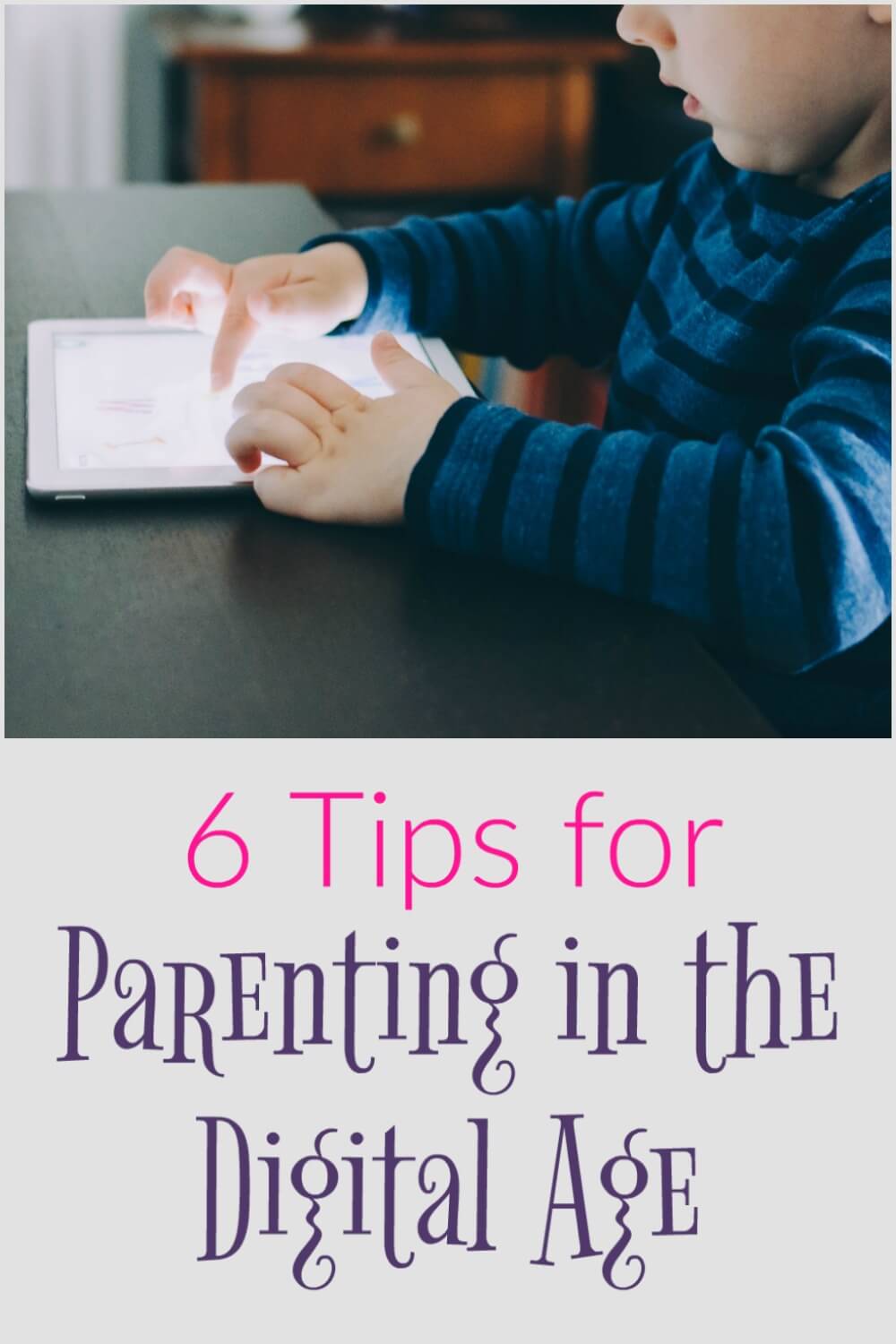Older millennials are perhaps the last piece of a generation born on this Earth which hasn’t been exposed to technology from the earliest age. As much as we all enjoy the luxuries the modern age has given us, the internet and the technology are giving headaches to parents around the world.
Set an example
One of the first concerns parents have when it comes to their children growing up in the digital age is the amount of time they spend with the technology. We all know that children learn by watching what their parents do, so you first need to model the behavior you expect. Put down your phone and switch off your TV and your computer, and interact with your kids. If you cannot find other ways of communicating with people around you or entertaining yourself, why should they?
Communicate
Setting limits may be easy when the children are at a very young age. The trouble starts when they are old enough to be able to make their own decisions and do things without your assistance. Communication is essential for parents and children of all ages. Even when they are young enough for you to simply be able to physically remove them from the computer, you need to be able to explain why. Talk to your children and teach them how to use technological advancements to their advantage. Apart from that, communication leads to a relationship built on trust and they will be less likely to hide things from you.
Control content
Even the most well-behaved children can accidentally come across graphic content. This does not only include pornography, but also scenes of violence. Once they see it you are either in for a lot of explaining, or you will have a traumatized child on your hands. Fight both by using software such as Net Nanny which will control the content available to them while using the home network.
The phones
Whether a child (we are talking about younger children here) should be allowed to use a smartphone or not, is a big parenting dilemma. If you decide that a phone necessary for your child’s safety, but aren’t ready to go all in, you can get mobile phones with a pre-paid sim card. There also phones available that only allow children to call predetermined phone numbers which are great for young children. As said above, communication about when, how, and why the phone is to be used is key.
Set the limits
Limit the time and space within which the electronics can be used in your home. For example, you can say that a child is only allowed to use a computer, tablet, or any other mobile device for an hour a day and not after 9 pm. Set tech-free zones in your home and make sure that those rooms only get filled with voices and perhaps light music (even though it is usually also produced by an electrical device, it can stay in the background).
Offer them a variety
From the moment your child starts learning how to play and explore, engage them in a number of fun activities which do not include technology. Teach them that there is more to do than watching TV, YouTube videos, playing video games, or browsing social networks. Come up with creative family activities and spend time with your children. Encourage them to play outdoors and use their imagination.
Your job is to teach your children to use technology to their advantage, to be safe, and responsible. You can only do this by setting reasonable and fair limits, talking to them and minding their needs and feelings, opening up their eyes to the real world, and demonstrating it through your own example.
Author bio: Steven Clarke is a lifestyle blogger and a travel enthusiast. He likes writing about health, fitness, family activities, road trips and travel destinations. When not working on new projects, Steven likes to spend time with his daughter in the great outdoors.








